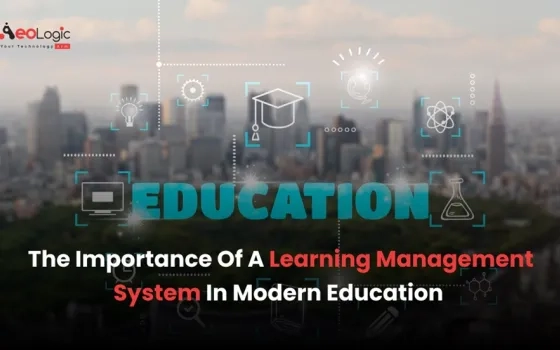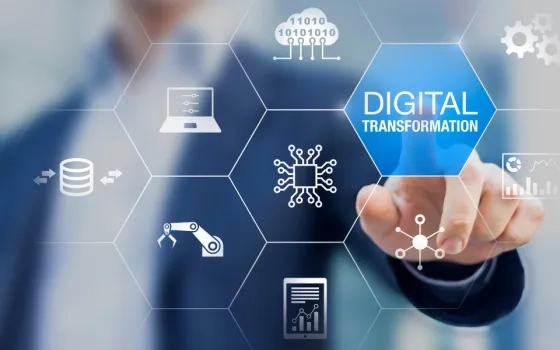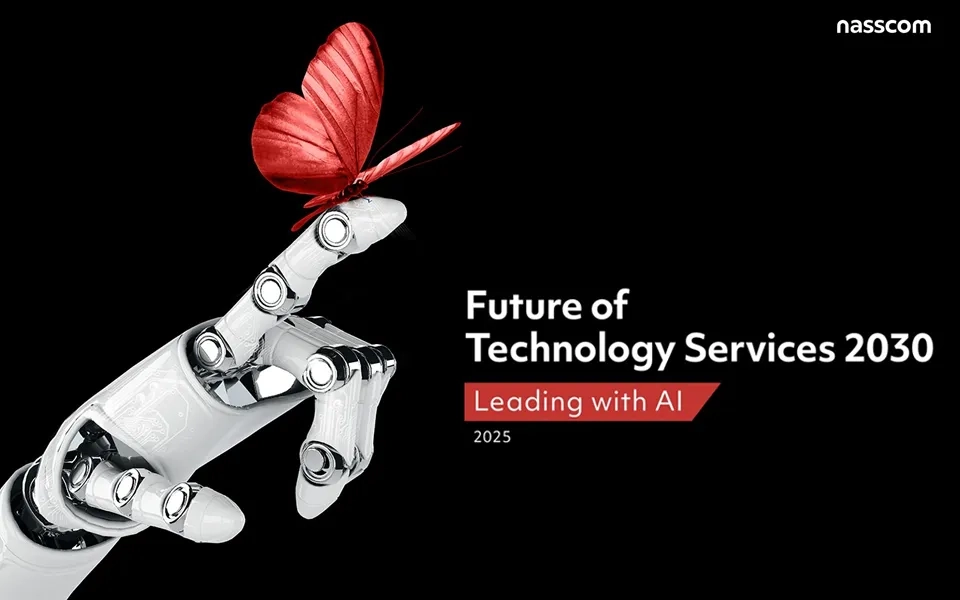In today's fast paced world, technology plays a vital part in shaping different sectors, and education is no exception. The adoption of Learning Management Systems (LMS) has come highly pivotal for educational institutions, businesses, and associations. An LMS is a software operation that facilitates the delivery, operation, and tracking of educational content and training programs. Let's delve into the crucial reasons why an LMS is of utmost significance in ultramodern education.
Introduction
In ultramodern education, Learning Management Systems (LMS) have come an increasing vital tool for students and teachers. With their effectiveness, efficiency, and convenience in managing and delivering educational content and resources, LMSs (Learning Management System) offer a centralized platform for all course accoutrements, assignments, and deadlines.
One of the most notable advantages of LMSs is the capability to give students with 24/7 access to course accoutrements, allowing them to recoup lecture notes, handbooks, and multimedia resources at their convenience. This point is particularly helpful for students with busy schedules, as it provides them with the flexibility to manage their learning in their own time.
In addition to furnishing accessible access to course accoutrements, LMSs offer interactive learning tools that enable students to unite with their peers and admit immediate feedback from teachers.
Discussion forums, live exchanges, and video conferencing are just a few of the features that students can use to enhance their learning experience.
What Is an LMS?
Let us start our discussion on what does LMS stand for in education. A learning management system (LMS) is specialized software drafted for the creation, dispersion, and effective operation of educational content. This software can either be independently hosted on a company server or live as a cloud grounded platform managed by the software provider. Picture an LMS as a technological tool that enhances learning by making it faster, more productive, cost-effective, and, importantly, traceable.
At its core, an introductory LMS features a functional platform allowing managers to upload educational content, deliver assignments to workers, shoot emails, and share data with authorized users. Generally, penetrated through a web browser with a secure sign- on process, an LMS offers learners and teachers accessible access to courses on the cover, while managers and leaders can oversee learner progress and apply advancements.
How Does an LMS Work?
Now you understand the LMS meaning in education, now imagine an LMS as your specific virtual school, allowing you to generate, upload, save, and allocate online courses available to learners on PCs, laptops, tablets, or smartphones — whether through a browser or a mobile app. Furthermore, it not only provides the flexibility of online training, however, also allows for offline learning.
Exercising your current courses, ebooks, and videos, you can construct a comprehensive commercial knowledge depository or produce acclimatized learning tracks for specific places or hand orders, for example, as new franchisees or recruits.
Types of LMSs
Cloud Enabled LMS
Hosted on the cloud, these systems give easy availability, scalability, and reduced structure costs. Users can pierce the LMS via the internet without the need for original installations.
Open- Source LMS
Open source LMSs are structured on a frame that allows users to modify and customize the source code. This provides flexibility but requires specialized proficiency for perpetration and conservation.
Personal LMS
Personal or marketable LMSs are developed and possessed by a specific company. Users generally buy licenses or pay subscription fees for access to these systems. They frequently come with devoted support and regular updates.
Mobile LMS
Designed for mobile learning, these LMSs offer responsive interfaces or devoted mobile apps. They enable users to pierce learning accoutrements on smartphones and tablets, fostering flexibility and on- the- go learning.
Commercial LMS
Acclimatized for businesses, commercial LMSs concentrate on training and development for workers. They frequently include features like compliance tracking, performance operation, and integration with HR systems.
Academic LMS
Geared towards educational institutions, academic LMSs allow course operation, individual tracking, and grading. They are designed to meet the specific requirements of teachers, students, and managers in an academy or university setting.
Blended Learning LMS
Supporting a combination of traditional classroom instruction and online learning, blended learning LMSs help teachers seamlessly integrate in-person and digital learning experience.
Social Learning LMS
Concentrated on collaboration and commerce, social learning LMSs incorporate features for example, as discussion forums, social media integration, and cooperative systems to enhance the learning experience through peer commerce.
Gamified LMS
Invested with game like elements, gamified LMSs influence elevants for example, as points, badges, and leaderboards to motivate learners and make the learning process more engaging.
Adaptive Learning LMS
These systems use data and analytics to customize the learning experience for each user. Content is acclimated grounded on individual progress and performance, assuring a more customized and effective learning path.
Who Uses an LMS?
The application of Learning Management Systems (LMSs) spans a different range of associations in terms of size and objective. This encompasses extensive global enterprises with a multitude of learners, startups employing LMSs acclimatized for small businesses, as well as nonprofit realities, government agencies, and educational institutions feeding to different group of people through training initiatives.
Different individualities and entities decide substantial benefits from incorporating an LMS into their operations. These include:
Corporate Trainers
Professionals engaged in training within large global enterprises calculate on commercial LMSs for essential tasks like onboarding new workers, conducting compliance training, and fostering professional development and specialized proficiency.
The adaptive features of learning management systems enable the monitoring of learners’ progress and the customization of training content, assuring that each individual develops skills aligned with their specific job places and conditions.
Small Business Owners
Entrepreneurs operating small businesses frequently work LMS solutions to allow cost-effective and standardized employee training.
Whether it's a retail establishment, an eatery, or a burgeoning tech startup, an LMS provides a means to deliver constant training accoutrements and estimate employee performance within budget constraints.
For case, businesses facing resource limitations for furnishing computer- enabled training might conclude for an LMS that supports mobile learning. This allows workers to pierce training content through their smartphones, enabling learning at their preferred time and pace.
Educational Institutions
Educational entities, including universities, extracurricular seminaries, and K 12 institutions, use LMS platforms to support both traditional and online learning surroundings.
Lecturers and teachers influence LMSs for tasks for example, as distributing course accoutrements, posting quizzes and assignments, and engaging with people in cooperative learning settings.
Final Thoughts
Whether engaging in online education or traditional in person instruction, the Learning Management System (LMS) caters to a wide range of users. In the contemporary geography, the LMS has evolved from being a bare luxury to an necessary tool for tutoring. It plays a vital part in sustaining the learning process, especially in grueling circumstances.
A mindfulness of the conception of a learning management system unveils the substantial influence it exerts. Whether your objective is to revise your entire educational frame or develop an online course, the learning operation system stands out as the ideal solutions.

















